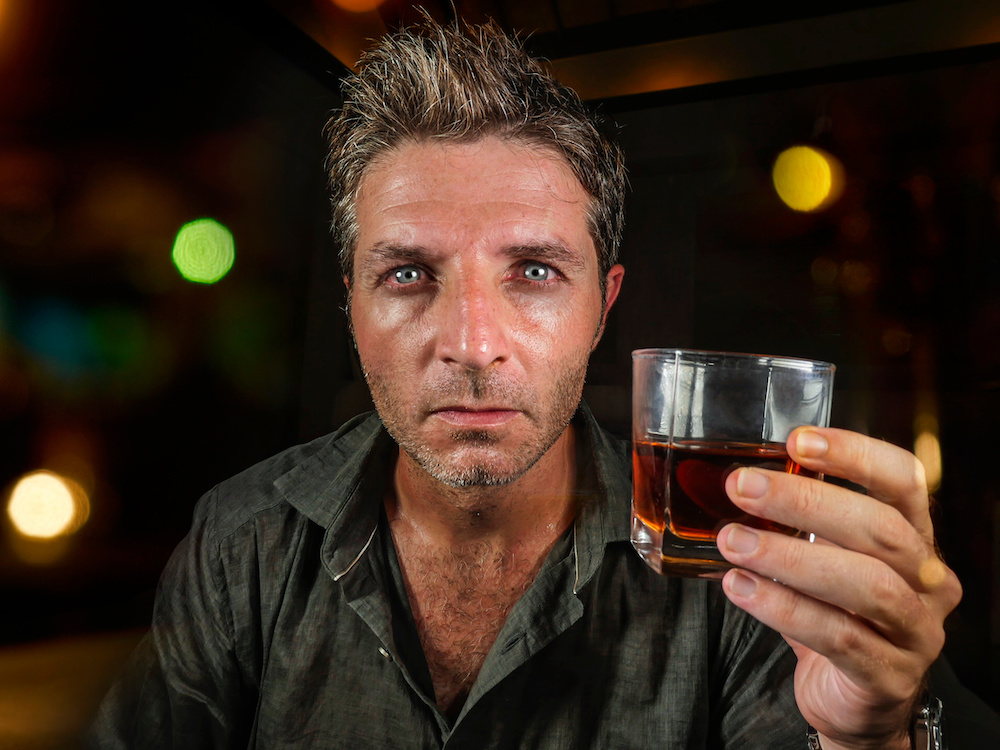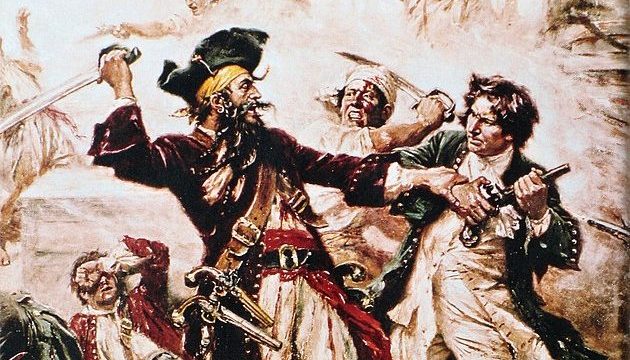“A drunk mind speaks a sober heart.” Really?

- Popular wisdom holds that our true desires and feelings tend to come to light while we’re drunk.
- Although drinking alcohol can definitely lower your inhibitions, there’s no evidence to suggest that alcohol necessarily unlocks any deep-seated feelings or desires.
- Still, alcohol can change who we are, in some ways.
“A drunk mind speaks a sober heart” is a saying often attributed to French Enlightenment philosopher Jean-Jaques Rousseau, himself quite a drunk. The idea is that when we are drunk we lose our inhibitions and allow ourselves to verbalize our true thoughts and feelings, bringing our true personality traits to light. Sober thoughts turn to drunk thoughts, and drunk thoughts turn to drunk actions.
A great many people believe it rings true. In fact, in Chinese business culture, it is believed so strongly that potential business partners are all but forced to get drunk together before any major deals take place. Plenty of friendships have been destroyed and plenty of relationships have been ruined because of something said while drunk.
But is the saying true? Should we take people’s drunken behavior as evidence of their true character? Like the story of Dr. Jekylland Mr. Hyde, we are sometimes left asking ourselves which side of a person is their “true side”.
Drunk words are sober thoughts? Experience says no.
The person that somebody is while drunk has something to do with who they are when sober. However, everybody knows that there are things that they have a tendency to do or say while drunk — things they typically were neither inclined nor capable of doing while sober. To bring that home, here are some things that I have done (don‘t judge me; I live in Ireland and I’m a writer) at some point or another when drunk:
- Called my least favorite person my best friend.
- Became convinced that I could do a backflip.
- Tried and failed to do a backflip.
- Spent several minutes trying to unlock my neighbors’ door with my key. They have a bright red door. I do not.
- Proposed to a stranger.
It may be thrillingly fun to consider, in the pop-psychological sense, that those are activities which are what I am really inclined to do all the time, but am too inhibited to do without Guinness. It’s fun in the same way it’s fun for freshman psychology majors to accuse everybody of being in love with their parent on Freudian terms. But if you step back and really look at it, the claim that drunken behavior reveals true personality traits doesn’t make sense. It simply isn’t the case that I feel the way I sometimes say I do when I am drunk.
Good times were not had by all. Not even by me. I genuinely do not want to be friends with my least favorite person. I genuinely did not want to marry that stranger. It seems alcohol doesn’t limit our self-control by giving us over to our selfish impulses. Rather, it acts against self-control is more beguiling ways, creating only lose-lose situations.
History says no.
On his conquest, Alexander the Great held a drinking contest among his soldiers. When it was over, 42 people had died from alcohol poisoning. It was not the intention of anyone’s “sober heart” to have several dozen people enthusiastically poison themselves to death. Enough said.
Neuroscience says no.
If you’re drunk, it may feel like your personality has undergone a dramatic shift. But as a team of scientists from the University of Missouri found, sober observers of drunk people don’t report such a shift.
How alcohol consumption affects personality was the topic of a new study led by Rachel Winograd, assistant research professor at the Missouri Institute of Mental Health (University of Missouri, St Louis). The scientists concluded that our general belief that intoxication causes a personality change is more likely the result of “salient, socially proliferated exemplars” — for example, cultural stereotypes born of films like The Hangover.
There is a reason why science and law dictate that drunk people cannot give informed consent. The way alcohol affects the brain is complicated and understood by science to a shockingly small degree. What we do know is that alcohol affects the hippocampus (memory center), which is why we black out; the motor cortex, which is why we stumble; and the prefrontal cortex. That last one is the part of the brain most responsible for reasoning and judgment and all of that other high fallutin’ stuff that Homo sapiens are especially good at.
The fact is that drunkenness is not a passive process. It does not simply tear down our inhibitions and let loose dormant desires. It is an active chemical process, counter-intuitively fitting the definitions of “stimulant” and “depressant.” It changes nearly every part of our brain. Since our brain is who we are, alcohol does not simply let out our true, unchanged selves. It changes who we are.
Alcohol makes us happy, woozy, enthusiastic, gregarious, and loud. In some cases, an affable friend may become a mean drunk. It is a complicated drug with all sorts of good and bad effects. But it does not make us genuine. It just makes us dumb.
So does a drunk mind speak a sober heart? No. When we drink, not even our hearts are sober.
This article was originally published June 19, 2013. It was updated in February 2022.





